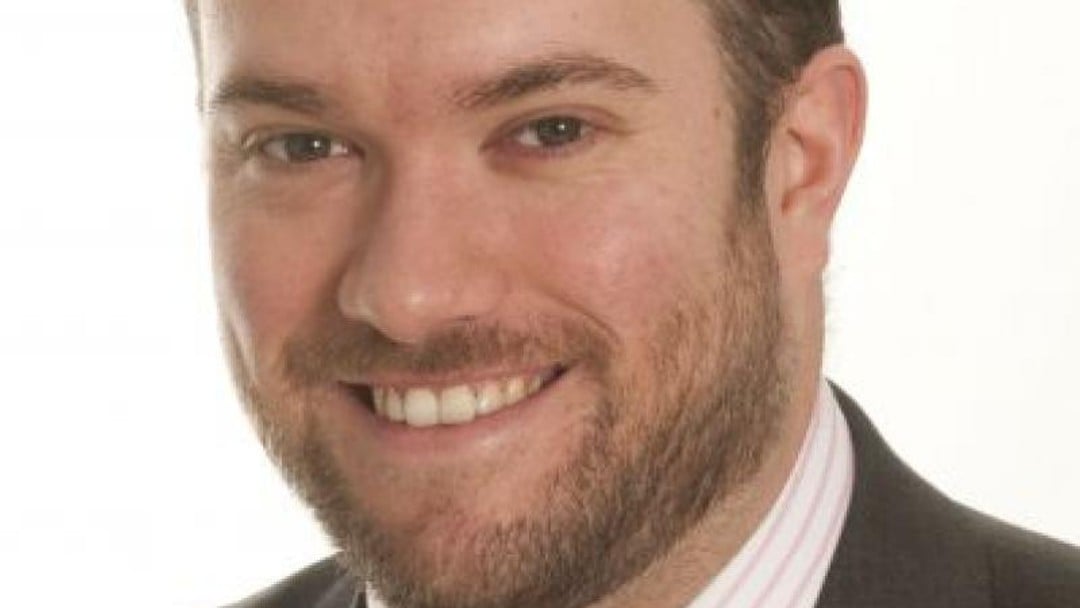Foreign policy

All clients with assets overseas must fully understand applicable forced heirship laws, and for those who lack capacity, it's an added concern, says Matthew Evans
Property can be an extra complication in inheritance claims, especially if it is owned outside the home jurisdiction of the deceased. In the recent case of Brennan v Prior and others [2013] EWHC 2867 Ch, property in France was central to the issues the court had to consider.
Francois Anthime Devillebichot was a French diplomat and his mother was English. Reportedly, although Francois lived in England all his life, his parents still owned property in France.
He died in 2011, survived by four siblings and his only daughter, Chloe, the claimant. The deceased’s last will was executed only two weeks before his death and Chloe brought a claim against the estate pleading lack of due execution, undue influence, lack of knowledge and approval, and lack of capacity.
Unfortunately, the circumstances in which the deceased gave instructions and executed his last will are all too familiar. A significant number of will disputes involve those drafted without the assistance of a professional, and this case was no different.
Francois was diagnosed with cancer in January 2009 and his larynx was removed in the December. It was agreed that he would then only speak a few words at a time, by covering the stoma he breathed through. Alternatively, he could communicate using a small whiteboard and pen or through hand gestures.
He had previously discussed instructions for a will on at least three occasions in the decade before his death but had failed to execute one. Chloe claimed this was because he was happy for his whole estate to pass to her under intestacy.
The will was drafted (via an off-the-shelf pack) by his sister, and the executors discussed the instructions with the deceased before finalising and witnessing it. It was suggested that these instructions were given by a number of hand gestures and words on the whiteboard. The will was executed while Francois was in hospital and he died two weeks later leaving an estate worth more than £500,000.
French rule
A key argument revolved around a property in Cannes worth about £70,000. It was suggested that the deceased was intelligent and understood the forced heirship laws in France, having previously bought out his siblings’ interest in the property after their parents died.
If Francois comprehended the effect of those laws, it might reasonably be expected that he should have known that the property he owned in Cannes was subject to forced heirship, requiring 50 per cent of the property to pass to Chloe. She argued that by leaving the French property to his sister, Jacqueline, her father either did not have knowledge and approval of the contents of his will or he did not understand the extent of his estate that may be left by his will.
Unfortunately, the point was not discussed extensively. The claimant was a litigant in person acting by a McKenzie friend, and the judge noted her failure to raise positive evidence in support of her suspicions that her father’s will was invalid.
With the rise of clients owning property in more than one jurisdiction, it’s only a matter of time until questions about the capacity of that testator and how far they might reasonably be expected to understand foreign laws of succession shall be made central to a claim.
Brennan also offers an example of the difficult circumstances in which very ill testators give instructions, and is a reminder of the safeguards in place for such individuals when using a professional adviser.
Matthew Evans is a partner at Hugh James
He writes the regular vulnerable clients comment in Private Client Adviser

